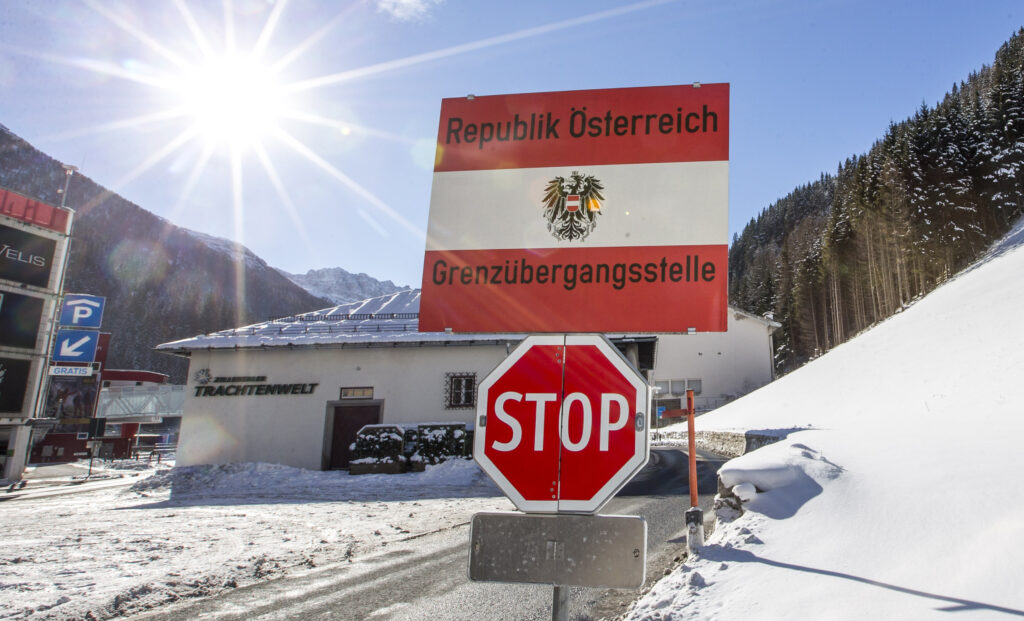Prime Minister Robert Golob’s open borders policy seems to have a cascading effect. The logic is this: the more countries that enforce serious border controls on their southern border on the Balkan migration route, the less control there will be on their northern borders. However, the Golob government has practically given up on border control, and therefore stricter control is needed on the northern border. It is also worth noting that Golob, on his recent first official visit to Vienna, lied that the number of illegal border crossings was “exactly zero.”
German Chancellor Olaf Scholz made his first official visit to Salzburg on Saturday. He specifically emphasised the need for internal controls at the border with Austria and underlined Germany’s support for the extension of the Schengen area to Bulgaria and Romania, which Austrian Chancellor Karl Nehammer continues to oppose. According to the German Chancellor, border control at the Austrian-German border is now urgently needed, given the recent figures. With this, he was referring to the large number of illegal border crossings. In May, Germany once again extended controls on its southern border. Vienna, for its part, has opposed Berlin’s decision since the start of German border controls in 2015. The Austrian Chancellor also pointed out that the number of asylum applications in Austria had fallen this year, while in Germany, it had risen, reports the media outlet N1 Slovenia.
However, in spite of the criticism of German border controls, Austria is steadily extending them on its own borders with Slovenia and Hungary, too. The measure is justified by the high number of illegal border crossings. The two Chancellors also disagree on the extension of the Schengen area to Bulgaria and Romania. Germany supports its extension, while Austria opposes it, pointing to the migration challenges faced by Bulgaria on its border with Turkey, for example. Austria will not lift its blockade on the extension of Schengen to the Balkan countries. However, the two officials agreed on the need for effective protection of the European Union’s external borders. Scholz stressed the importance of a new reform of the European asylum policy and of the agreements with countries of origin and transit, which he believes is the key to a successful fight against illegal immigrants.
Domen Mezeg


